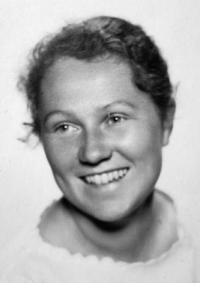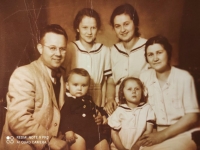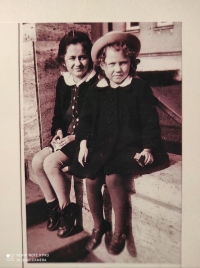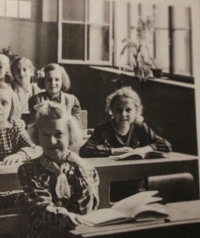I have a feeling that Pavel is here with me anyway
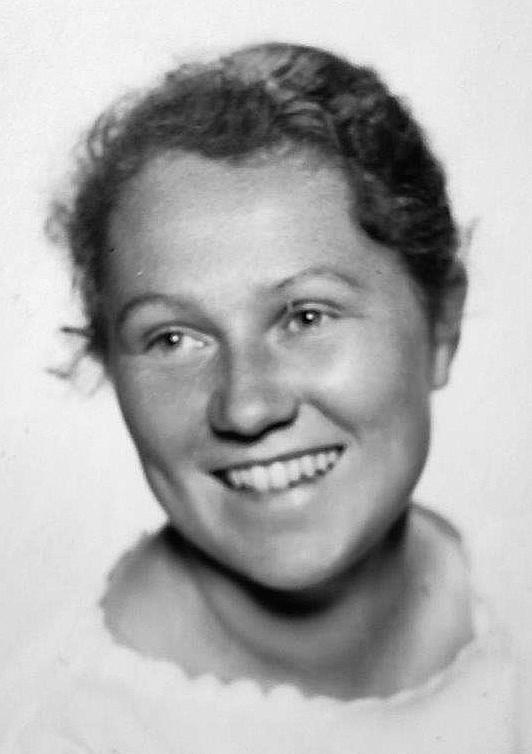
Download image
Rut Kohnová, née Vožehová, was born on February 20th 1937 in Třebušice near Most. In autumn 1938, Třebušice became a part of the occupied Sudetenland, her parents refused to declare German nationality and as a result they had to leave their home abruptly. They found a refuge with their relatives in Prague. Because of air-raids, they had to take shelter in the country for a while in spring 1945. Only her father Bedřich Vožeh came back during the Prague uprising to fight together with his brother-in-law at the Prague barricades. During the war he got a position of an authorized representative of a large shoemaking company but after its nationalization in 1948 he lost his job and worked as a driver’s assistant. Rut was not admitted to grammar school because of her inappropriate class background but she was allowed to study at pedagogical grammar school. After she completed her studies, she moved to Karlovy Vary where she was placed to teach in kindergarten on the basis of the so-called “job placement”. At that time, she met her future husband Pavel Kohn, a writer and back then a dramaturge at the theatre in Karlovy Vary. Pavel Kohn was of Jewish origin and he was the only one from his family who survived the internment in the concentration camps Auschwitz and Buchenwald. Due to political reasons he had to leave his job in the theatre in Karlovy Vary. Later he was repeatedly declined while he was searching for a new job, so he was left without a permanent employment for long years. In 1967, Pavel and Rut were invited to visit the then West Germany and they decided to emigrate. Pavel Kohn got a job as a redactor in the Radio Free Europe and Rut started to intensively engage in visual arts. At present (2020), she is an internationally recognized artist. Pavel and Rut were not only life partners and parents to two artistically gifted children but they supported each other in their professions and they complemented each other in their production. Pavel Kohn died in 2017. Rut Kohnová lives in Germany and still engages herself in arts. In 2006 she received Outstanding Woman of Czech Origin award.

